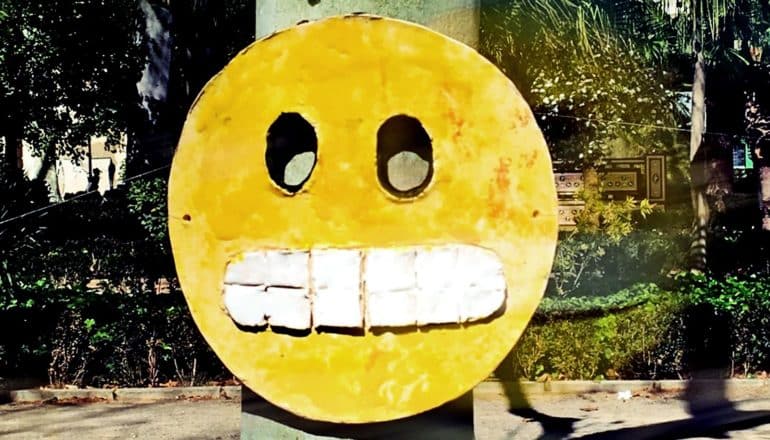
Based on a Google Trends analysis, psychologists have discovered a major jump in searches related to anxiety, panic attacks, and treatments for panic attacks.
The researchers used Google search data to examine trends in mental health during the COVID-19 pandemic, and based on that search, say panic attacks could be affecting millions.
They used Google Trends to analyze an extensive list of mental health-related terms that people searched for before and after the World Health Organization issued a pandemic declaration on March 11, 2020. They found a major jump in searches related to anxiety, panic attacks, and treatments for panic attacks, especially remote and self-care techniques, in the weeks following the pandemic declaration.
Google Trends allows individuals to examine longitudinal population-level variation in the relative frequency with which people use specific Google search terms. Data are updated in real time and can be examined worldwide.
“Although by no means a ‘window into the soul,’ people’s search terms reflect relatively uncensored desires for information and thus lack many of the biases of traditional self-report surveys,” the study says.
“Google Trends analyses have been used to predict important societal outcomes, such as disease transmission, voting behavior, and key economic indicators, and it can also be used to forecast population mental health symptoms and need.”
Panic attacks are characterized by an intense fear and sense of feeling overwhelmed, according to the National Institutes of Mental Health. During a panic attack, people may have a rapid heartbeat, sweat profusely, shake, or experience shortness of breath.
Researchers did not find an uptick in searches for depression, loneliness, abuse, and suicidality. But they caution that their findings do not necessarily mean that people aren’t experiencing these mental health issues.
Instead, the data may provide insight into what might be a foreboding of a much larger problem, says Michael Hoerger, an assistant professor of psychology in the Tulane University School of Science and Engineering, and coauthor of the study in the journal Psychological Trauma: Theory, Research, Practice, and Policy.
He describes it as a “mental health tsunami” related to unanticipated death, burnout, and unemployment.
“Our analyses from shortly after the pandemic declaration are the tip of the iceberg,” Hoerger says. “Over time, we should begin to see a greater decline in societal mental health. This will likely include more depression, PTSD, community violence, suicide, and complex bereavement. For each person that dies of COVID, approximately nine close family members are affected, and people will carry that grief for a long time.”
Researchers says continued monitoring of Google Trends may reveal other mental health issues over the long term and not detected in this analysis.
“These findings and continued surveillance can guide public mental health initiatives across multiple ecological levels that can mitigate the psychological toll of COVID-19,” the study says.
Additional coauthors are from Tulane, Loyola University, and Central Michigan University.
Source: Tulane University
The post Google shows huge panic attack rise during COVID appeared first on Futurity.
from Futurity https://ift.tt/3hVxLyi
No comments:
Post a Comment